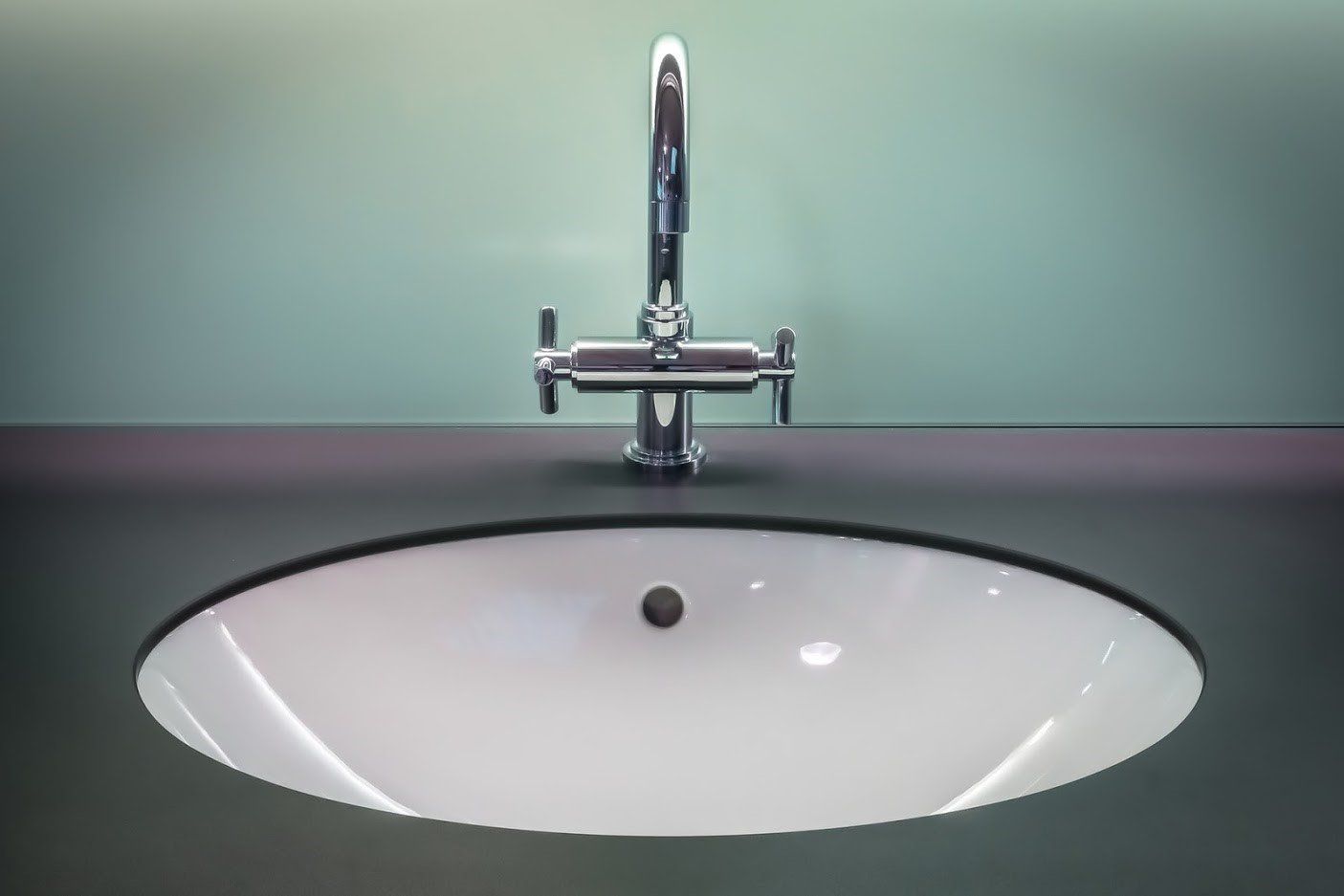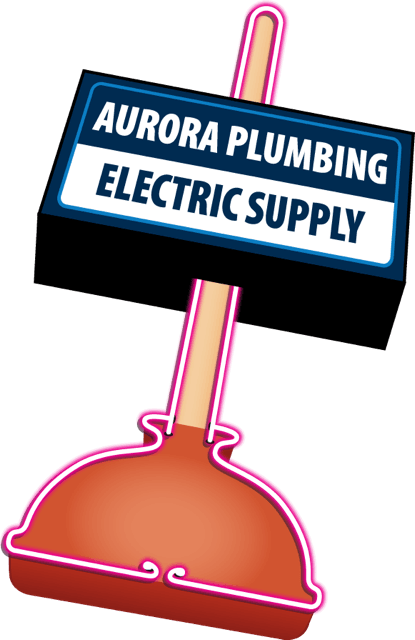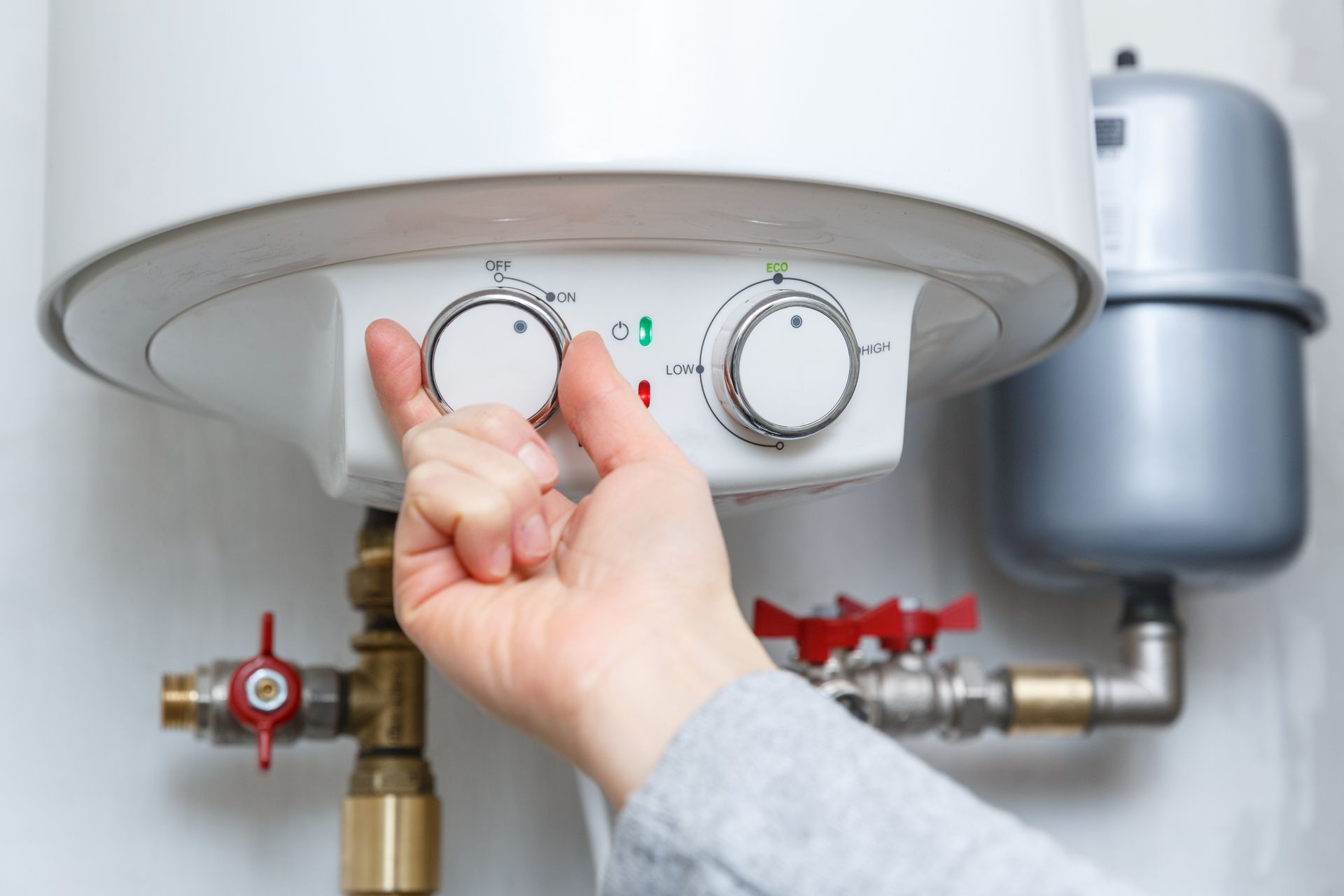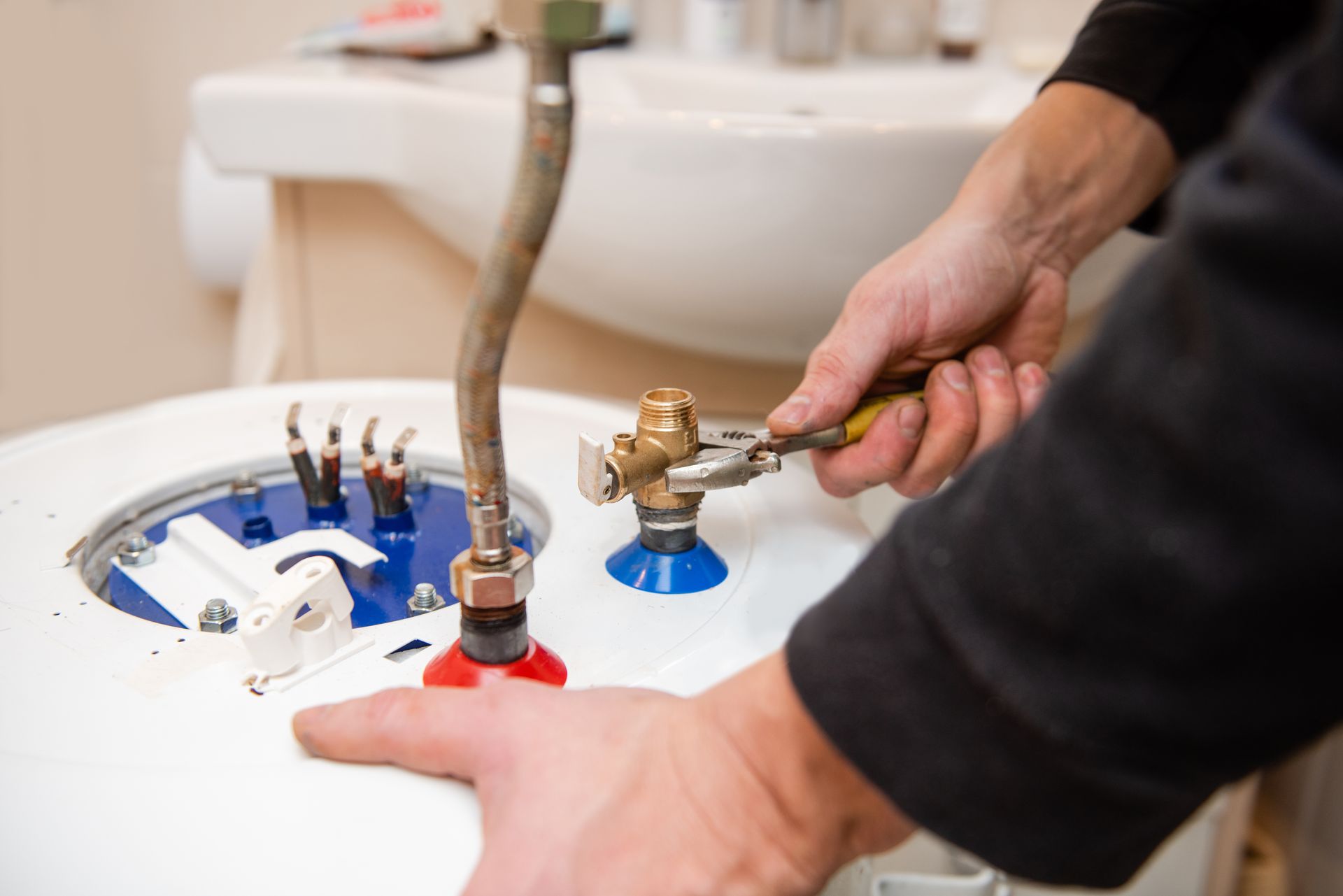4 Common Plumbing Noises | Aurora Plumbing & Electric
Admin • June 2, 2020

When your plumbing is problem-free, it shouldn't make any distracting noises. If you hear unusual sounds when using your faucets or other plumbing fixtures, the type of sound you hear could give you a hint about the cause. Here is an overview of four common plumbing noises and what you can do to troubleshoot them.
1. Banging Pipes
The water in your home's pipes doesn't come to a gentle stop on its own when you stop running water. When water collides too quickly with a valve in your plumbing after turning off a faucet or appliance, it can create a banging sound known as water hammer. Depending on the age of your home, your plumbing may either have air chambers or spring-loaded water hammer arrestors to counteract this effect.
In older homes with air chambers, water can fill the chambers and prevent them from working correctly. To drain the air chambers, turn your water off at the main and open the highest and lowest faucets in your home. Then close the lowest faucet and turn your water back on, allowing the upper faucet to run until no more air comes out.
2. Gurgling Drains
When water isn't running down your drains as quickly as it should, air bubbles can form and you may hear a gurgling sound. The most common culprit behind this is a partial clog in the drain or further down in the pipe. This is especially likely if you only hear the gurgling at one drain or near one appliance. If you detect a sewage smell or the gurgling occurs when you flush your toilet, there may be a more serious problem like sewage backup.
If the partial clog is in or near your drain, sometimes plunging the drain is all that's needed to get the water flowing more quickly and eliminate gurgling. Clogs further down can sometimes be reached with a plumbing snake. Avoid using chemical drain cleaners, as these can damage your pipes and the clog will often reappear later.
3. Squealing Faucets
If a faucet in your home makes a high-pitched squealing or screeching noise when you turn it on or off, there are two likely causes: loose or worn components inside the faucet, or high water pressure. Washers inside faucets can loosen over time from the force of water, causing them to vibrate and squeal when the water is running.
The valves and stems inside your faucet handles can also wear over time, which can lead to squealing as they vibrate and metal scrapes against metal. You can often find replacement washers and stems for your model of faucet, though simply replacing the entire faucet may be the easiest way to solve the problem.
4. Whistling Toilets
The fill valve is an essential component found inside toilet tanks that controls the amount of water that flows into the tank after flushing. A worn fill valve can allow water to flow into your toilet constantly, wasting water and creating a harsh whistling sound. Fortunately, toilet fill valves are easy to replace, and you can find universal fill valves that will almost certainly work for the toilets in your home.
To replace the fill valve, first shut off the water to your toilet and flush it. Then, open the lid of the tank and remove the lock nut securing the supply hose to the fill valve on the bottom of the tank. Finally, take the old valve out of the tank, place the new valve in the tank, run the refill tube into the tank overflow pipe, and reattach the supply hose and lock nut.
Plumbing noises can be alarming, but they are often caused by problems that are easy and inexpensive to fix. Keep these tips in mind the next time you're dealing with noisy plumbing, and contact us at Aurora Plumbing & Electric
if you are in need of quality, professional service!













